
Officials with the FDA have approved stiripentol (Diacomit) for the treatment of seizures associated with Dravet syndrome, a rare form of epilepsy.

Officials with the FDA have approved stiripentol (Diacomit) for the treatment of seizures associated with Dravet syndrome, a rare form of epilepsy.

Pembrolizumab in combination with chemotherapy reduced the risk of death by half in patients with metastatic, non-squamous non-small cell lung cancer compared with chemotherapy alone.

An expert panel of health care providers and patients are recommending that opioid prescribing limits should be based on the operation performed rather than a blanket approach.

Understanding specialty drug pricing, and the flow of health care dollars through the lens of the stakeholders involved.
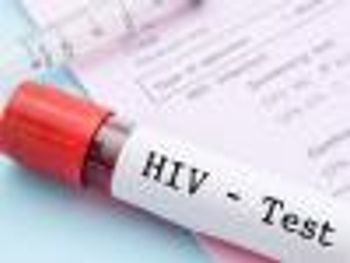
Interventions must address HIV testing and beliefs among both patients and providers in order to reach underserved populations.

The use of benzodiazepines and related z-drugs was found to be associated with a modest increase in the risk of Alzheimer disease in a case-control trial.

Top news of the day from across the health care landscape.

Study evaluates the effect of multiple sclerosis treatment alemtuzumab (Lemtrada) on the B-cell component of MS.
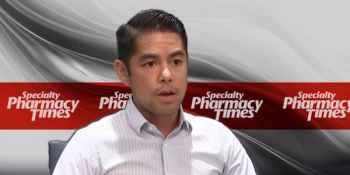
Achilles Alon, PharmD, RPh, director of Specialty Pharmacy, co-owner of ACE-Rx Specialty Pharmacy, discusses biosimilars and the potential impact on patient care.

New study finds that privately-insured patients with follicular lymphoma have better survival outcomes.
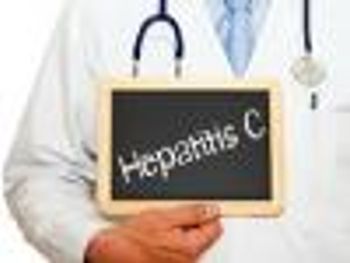
Testing individuals not considered high-risk for hepatitis C virus addresses increase in new infections associated with opioid epidemic.
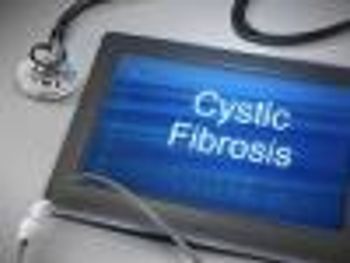
Celtaxsys’ acebilustat is the first novel anti-inflammatory molecule with the potential to both reduce pulmonary exacerbations and prolong time to first exacerbation.

The rate of disease progression in patients with rheumatoid arthritis (RA) can be associated with a poor prognosis in patients.

Top news of the day from across the health care landscape.

With this approval, nivolumab (Opdivo) offers a new treatment option for patients with small cell lung cancer whose cancer has progressed after 2 or more prior lines of therapy.

Two new studies highlight trends in life expectancy and mortality across high-income countries, citing worsening health in the United States.

Assessment of neurofilament light chain levels offers real-time, efficient measure marker of multiple sclerosis progression.

States that chose to expand Medicaid eligibility under the Affordable Care Act (ACA) have seen a greater decrease in uninsured rates among low-income patients.
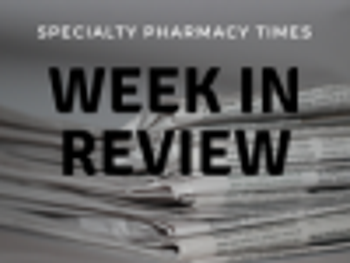
Top news of the week from Specialty Pharmacy Times.

Top news of the day from across the health care landscape.

A look at last week's top stories in the world of pharmacy.
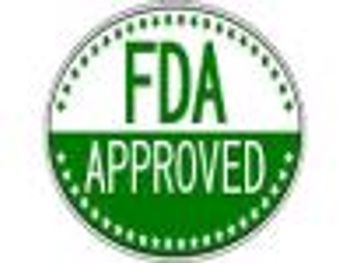
The FDA has approved the first generic epinephrine auto-injector for the emergency treatment of allergic reactions, including anaphylaxis.
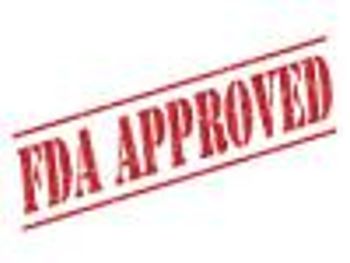
Lenvatinib (Lenvima) has been granted approval by the FDA as a first-line treatment for patients with unresectable hepatocellular carcinoma.

Surviving cancer during childhood can lead to health problems and depression later in life.

Exposure to secondhand smoke in childhood can lead to greater risk of rheumatoid arthritis later in life, even in non-smoking adults.

A liquid biopsy test examines circulating tumor cells in blood samples of patients with prostate cancer to determine how they will respond to certain therapies.

Top news of the day from across the health care landscape.

Certain magnetic resonance imaging (MRI) parameters correlated with a greater risk of recurrence and progression to multiple sclerosis within the first year following diagnosis of clinically isolated syndrome.

Officials with the FDA have approved ivacaftor (KALYDECO) as the first and only therapy indicated to treat the underlying cause of cystic fibrosis in children aged 12 to

Patients who were more satisfied with the communication they received from cancer care providers often had better health outcomes at lower costs.